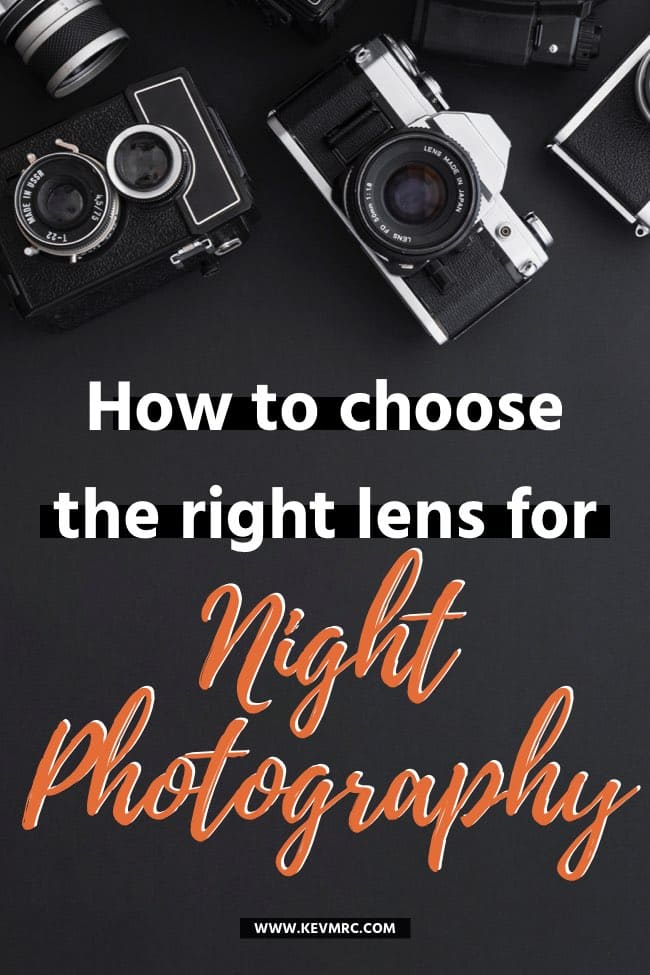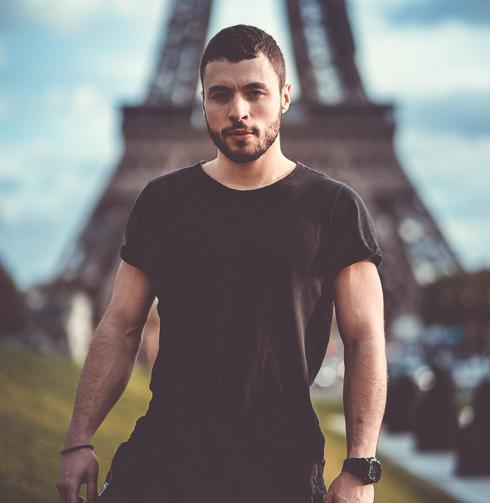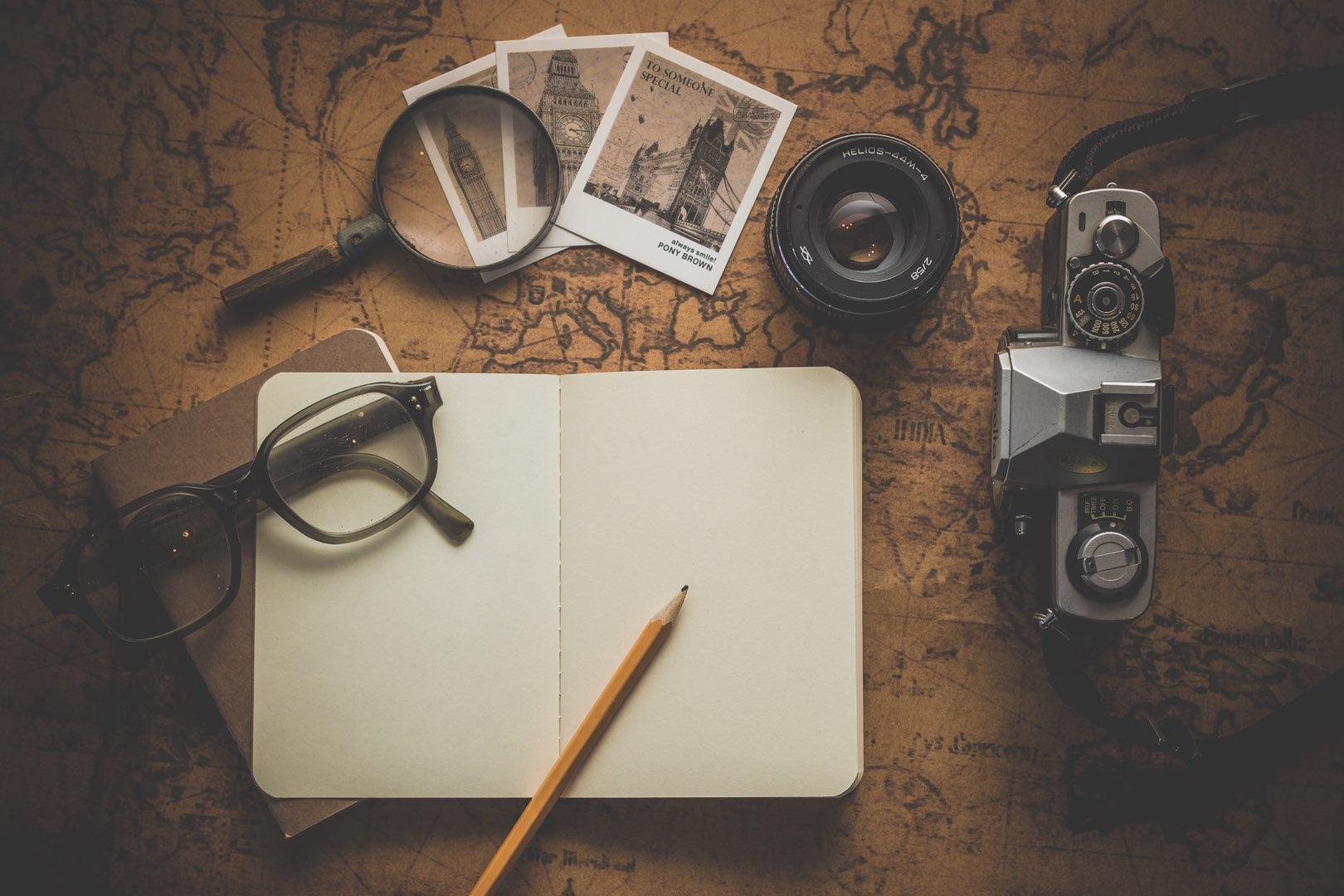Best Lens for Night Photography
Night photography is one of the hardest style of photography to master, and will definitely put your gear to the test.
In regular photography there is plenty of light available; in night photography, there is little to no available light, and it comes down to both your ability to capture it as well as your gear (mainly camera and lens) ability to capture it.
If you’re trying to decide which is the best lens for night photography, then read on to find out the answer.
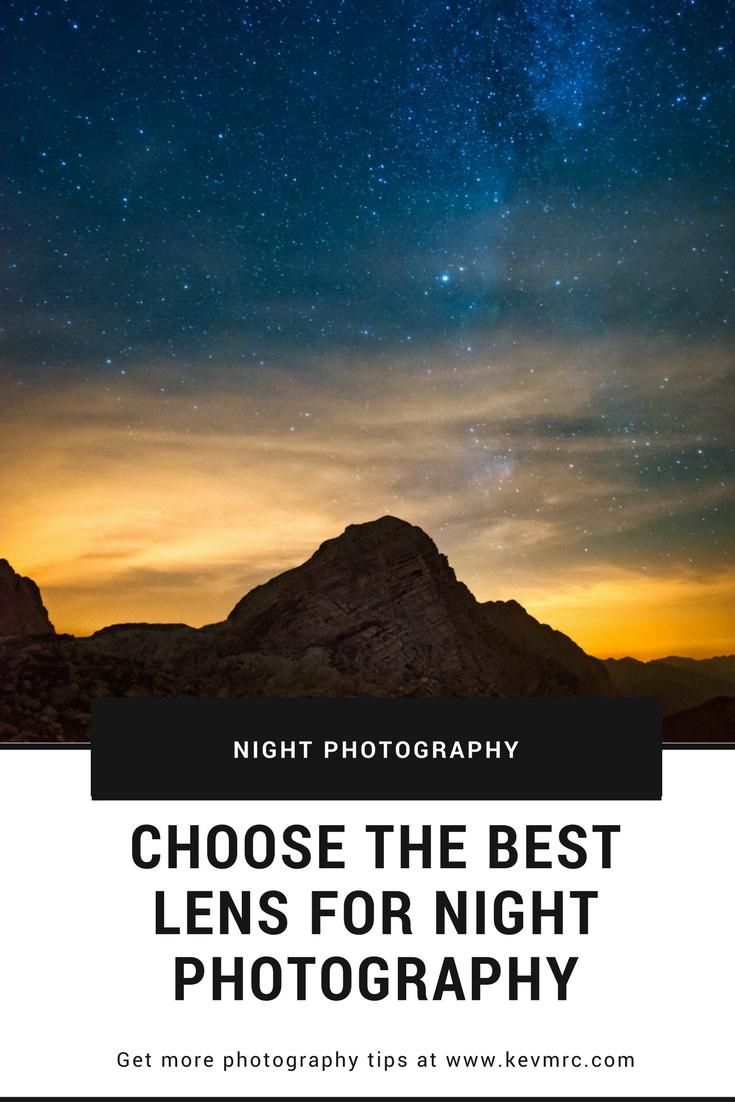
In this article, we’ll first go over the different things to look for in any lens to make sure you have the best lens for night photography, and then I’ll suggest some of the best lens for night photography based on these criteria.
What Makes a Lens Good for Night Photography?
In your quest to find the best lens for night photography, there are 4 qualities you need to find in a lens to make sure it’s perfect for night photography. We’ll go over each of these 4 qualities and explain precisely why.
WIDE-ANGLE LENS
For night photography, the best type of lens to use are wide-angle lenses. There are actually 2 reasons for that:
Similarly to regular landscape photography, a wide-angle lens will allow you to capture more of the scenery in your image. This is really useful for night photography, because the best night photos often combine the night sky and the landscape in the foreground. A wide-angle lens is the best tool to capture both a large part of the sky and the landscape in a single image.
The second reason a wide-angle lens is the best lens for night photography has to do with basic astronomy. The Earth is rotating on its axis, and the stars stay still. With the human eye, it’s impossible to detect any movement in the stars; however, when shooting with long shutter speeds, you can begin to see movement in the stars. The LONGER the focal length, the QUICKER you’ll begin to see movements in the stars.
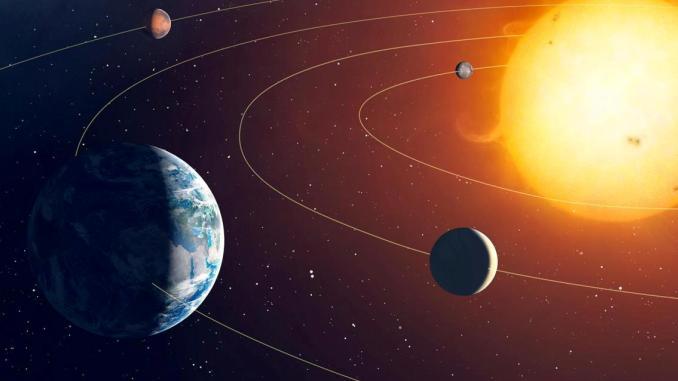
Image credit https://www.astronomytrek.com/
This can be really annoying when trying to have really sharp stars in your image. To make sure you can do long exposures and still have the stars in perfect focus, you need to make sure you’re using a wide focal length.
Any lens wider than 24mm will work fine for night photography.
A LARGE APERTURE
When shooting at night, there is really little light available. As you know, the more you open up your aperture, the more light reaches the sensor and thus the brighter your image is. (understand exposure here : https://www.kevmrc.com/exposure-101/ )
Based on that, I think you guessed it: the best lens for night photography has a really large aperture.
You want a lens that can go at least as low as f/2.8 Of course, the larger the better, so you can even get lenses that go down to f/2.0, f/1.8 and f/1.4
You can get away with lenses that don’t open up as much, but you will have to bump up your ISO value way higher in order to have a well-exposed night shot. And as you know, the higher the ISO, the more noise you’ll have in your image. (noise is baaaaad)
LENS SHARPNESS
The sharpness of a lens is one of the key characteristics that make up its quality; it’s no different for night photography. To ensure you produce the best quality image, you need to have a very sharp lens.
It is even more important in night photography, as you will be using the widest aperture of your lens. Most lenses are known to lose sharpness at wide apertures.
To check the overall quality of any given lens, as well as its sharpness, head over to DxOMark : https://www.dxomark.com/Lenses
NO VIGNETTING
Vignetting is basically when the corners of the image are darker than the rest of the picture. When shooting night photography, you are already using very high ISO; if you have to correct vignetting by brightening the edges when editing, it will result in even more noise in the final image.
The best lens for night photography thus has really low vignetting.
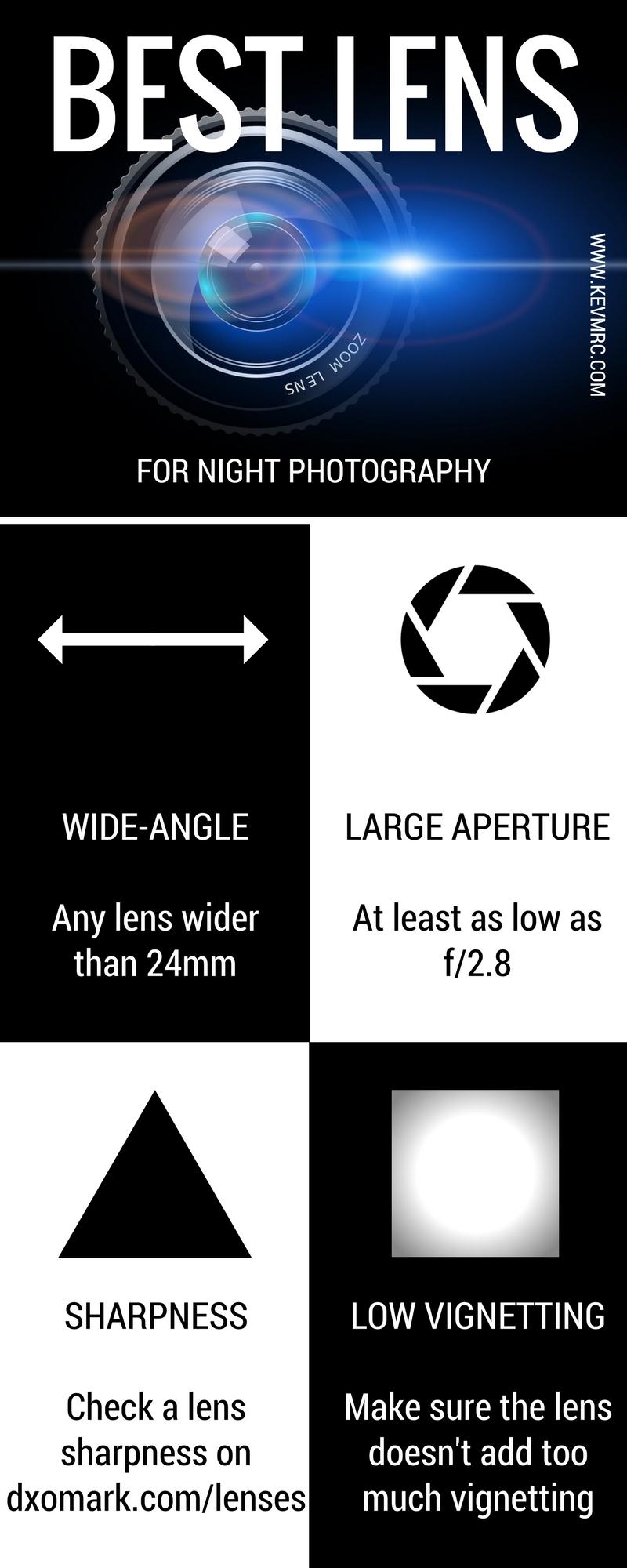
If you are trying to pick the best lens for night photography, then you have to pay attention to these 4 key factors: wide focal length, large aperture, good sharpness and low vignetting.
Suggestions of Best Lens for Night Photography
You can find below a list of the best lens for night photography, based on the 4 criteria we went over.
Sigma 20mm f/1.4
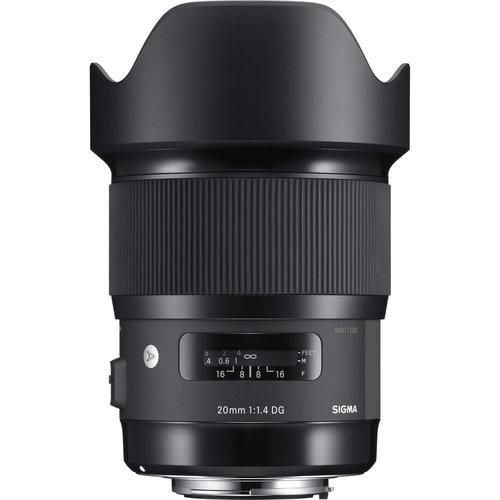
The sigma 20mm f/1.4 is one of the best lens for night photography. It’s really bright (opens up all the way to f/1.4), and super sharp.
Rokinon 24mm f/1.4
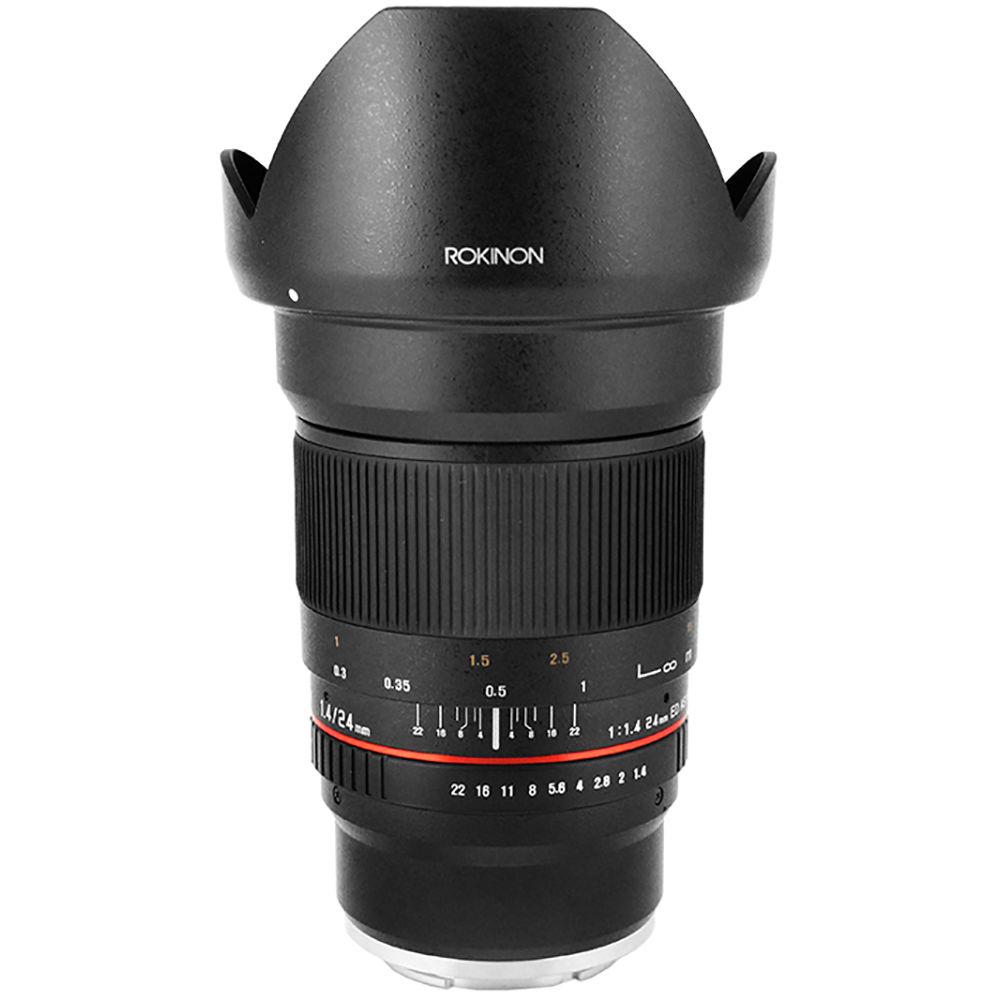
Not as wide as the sigma one, but still pretty fast lens with really good image quality.
Rokinon 12mm f/2.0
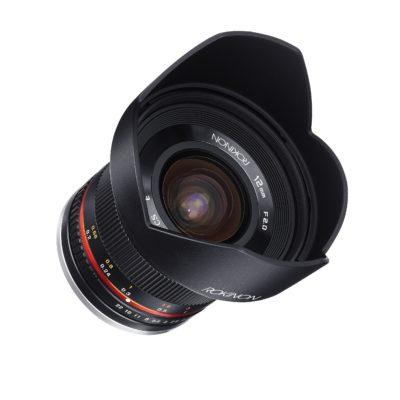
Really wide angle lens, doesn’t open up as wide as the two previous ones but will allow you to get more in your shots.
Nikon 14-24mm f/2.8
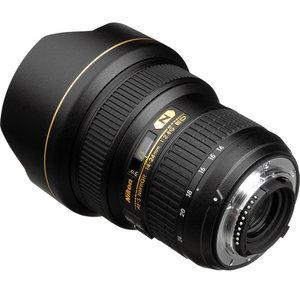
For those of you that love zoom lenses, the Nikon 14-24mm f/2.8 is a pretty versatile wide-angle lens that you can use for night photography.
Tamron 15-30mm f/2.8
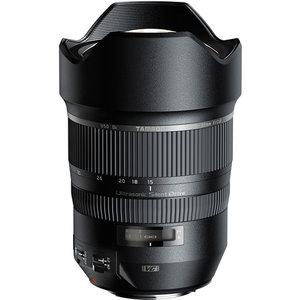
Another really good zoom lens for night photography, way cheaper than the Nikon one.
These lenses are some of the best lens for night photography. However please keep in mind I couldn’t mention every good lens for night photography in this article, and that I had to make a choice.
In the end, to determine whether a lens is good for shooting stars, please refer to the 4 key characteristics mentioned above.
—
So there you go, everything you need to know about the best lens for night photography.
If you want to learn more about photography, enter your email below to access for FREE all my resources for photographers.
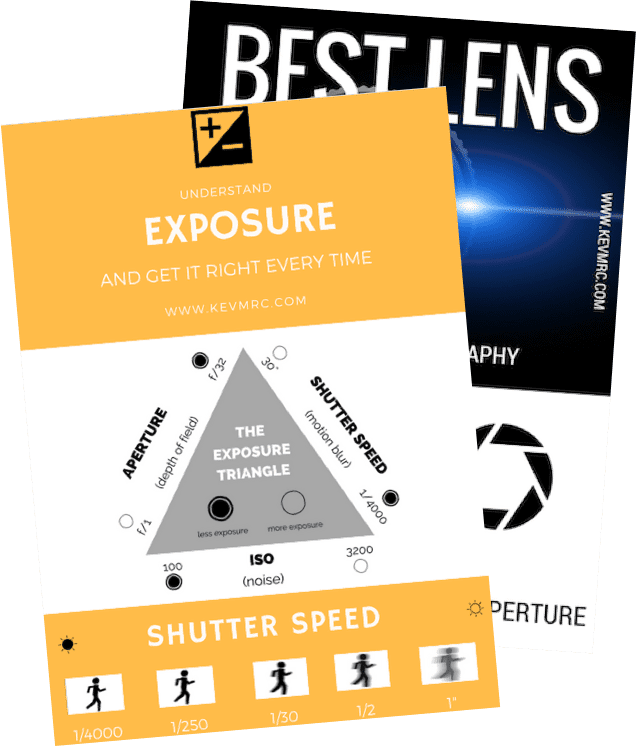
Get my FREE Photo Resources
Need help perfecting your photos? I've created step-by-step guides and compiled all my tips in a folder that I'm giving you free access to, to help you become a better photographer. Get it straight to your inbox now!
No spam, unsubscribe anytime.What lens are you shooting the stars with? Any different from the one I mentioned? Let me know in the comments below!
If you’re ready to go on a camping trip to shoot the stars, make sure to check out these amazing tents for stargazing!
Pin this to Pinterest!
Enjoyed this guide? Then help a fellow traveler and pin it! They'll most definitely love you for it, 100% guarantee.
